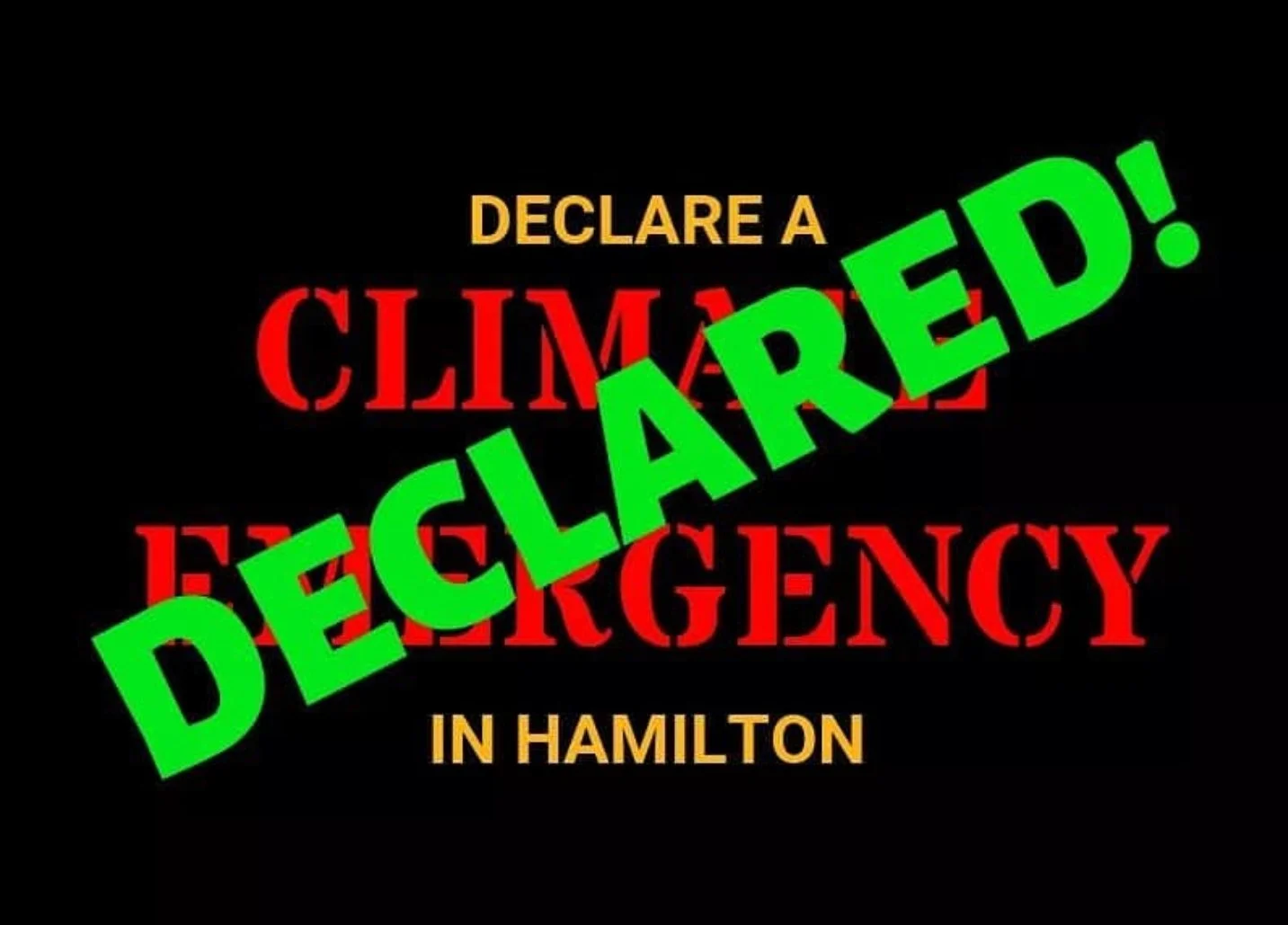After nearly a year, Enbridge has obtained approval from the National Energy Board to sell its Line 10 pipeline to Westover Express. The NEB once again turned down Hamilton’s pleas to have decommissioned parts of the oil export pipeline removed as ownership passes to the subsidiary of an American-owned company.
City council asked that “Westover Express be required to remove all decommissioned portions of Line 10 to avoid potential significant and long-term implications on future city capital works projects.” The NEB decision lumped this request into “matters outside the scope” of the pipeline sale and pointed to an earlier “approval to decommission certain existing Line 10 pipeline segments in-place.” Pressure from citizens to consider climatic impacts were also dismissed.
In that earlier decision on expanding the capacity of Line 10, the NEB had ignored Hamilton’s written request to have the old pipe removed rather than left in the ground. The failure of the NEB to even acknowledge Hamilton’s request at that time appears to have led city council to briefly pursue legal action.
The NEB also rejected similar concerns raised by the Knollwood Golf Course “about the potential interference of the decommissioned Line 10 Pipeline with future development on its properties, including a desired hotel resort development, and the expansion of water retention and irrigation facilities on the properties.” The golf course on Shaver Road in Ancaster is crossed by two Enbridge pipes – an active Line 9 that supplies the Exxon Mobil refinery in Nanticoke, and portions of a now decommissioned Line 10 that Knollwood has been trying to get Enbridge to remove.
Enbridge has promised to take care of its decommissioned pipes “forever” and that responsibility is now being passed to Westover, a new company formed by United Refining Corporation for the sole purpose of purchasing the Canadian portion of the pipeline that feeds URC’s Pennsylvania refinery. Unfulfilled promises of perpetual maintenance of old fossil fuel infrastructure is a growing issue in Canada.
There were revelations last November of a $260 billion cleanup bill for old pipelines, wells and other oil infrastructure, in Alberta alone, that appears will be left to the taxpayers to cover. And this month, a company responsible for “approximately 3,650 wells, 240 facilities and 500 pipelines” collapsed accompanied by industry warnings that at least another thirty companies are close to insolvency.
Enbridge is the largest pipeline company in North America but concerns about the fiscal capabilities of Westover Express were one of the main reasons that the NEB took nearly a full year to approve the Line 10 sale.
On the day the NEB approved the Line 10 sale a new report by Global Energy Monitor warned of a $1 trillion “pipeline bubble” risk – the amount currently being allocated to build or expand pipelines around the globe with over half the projects in North America. In contrast, the report points to last fall’s bombshell calculations of the Intergovernmental Panel on Climate Change (IPCC) which said that “gas and oil usage must decline 15 percent and 21 percent respectively by 2030” and that “by 2050, reductions must be steeper: 43 percent for gas and 65 percent for oil.”
The report argues that failure to achieve these reductions will result in massive damage to human communities and global ecosystems including heat waves, sea level rise, droughts, wide spread extinction and crop failures. “In North America, the current pipeline boom can only pay off if these warnings are brushed aside and greenhouse gas levels are permitted to rise to ever more damaging levels.”
There are other current pipeline proposals affecting Hamilton that could result in more decommissioned pipes in the rural part of the city. Imperial Oil intends to replace an existing pipe from Waterdown to North York and leave the old one in the ground. Enbridge recently has announced a new gas pipeline from Kirkwall to just east of Highway 6. While city council has been notified of both projects, there are so far no municipal comments on the plans.

